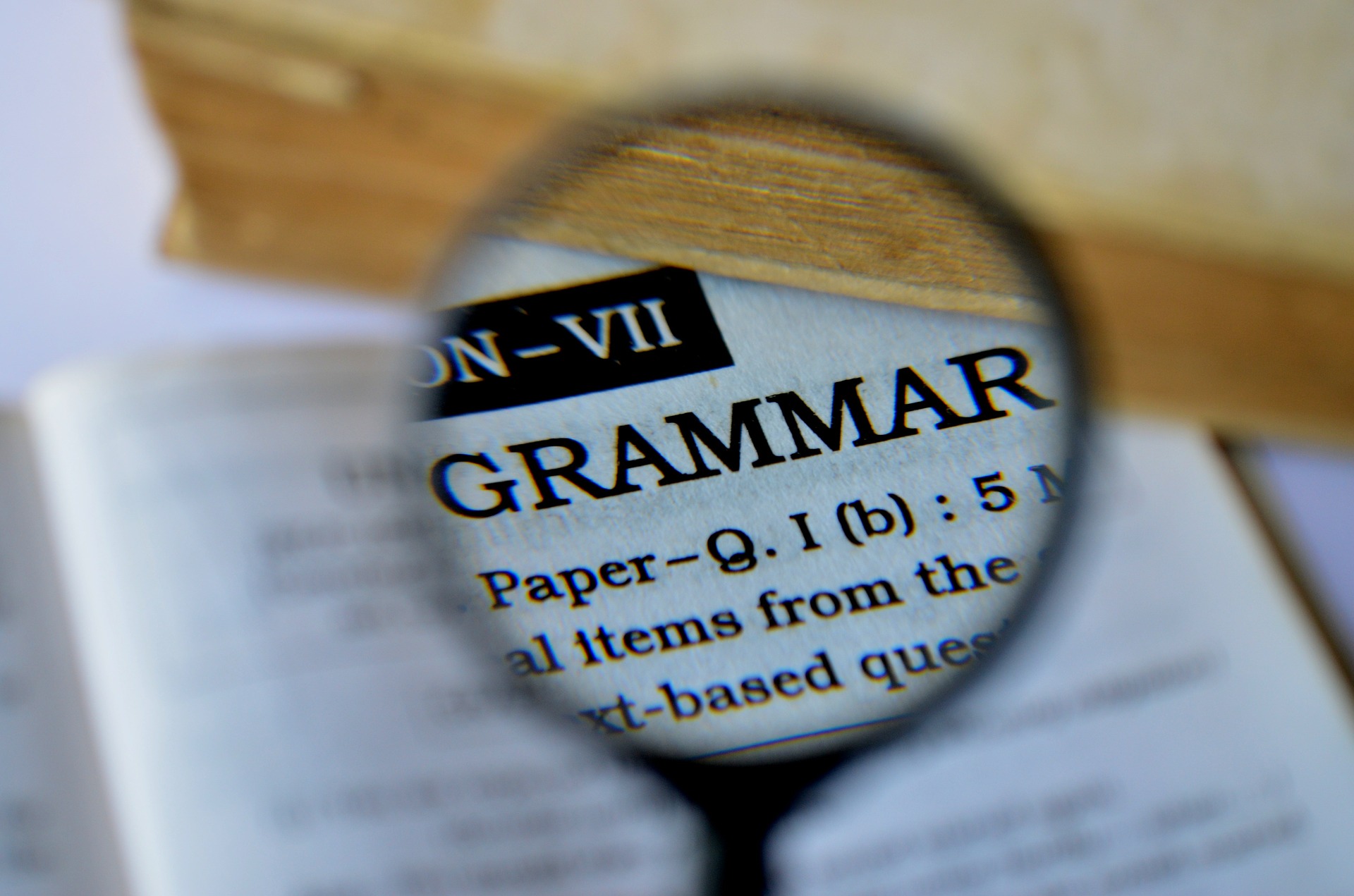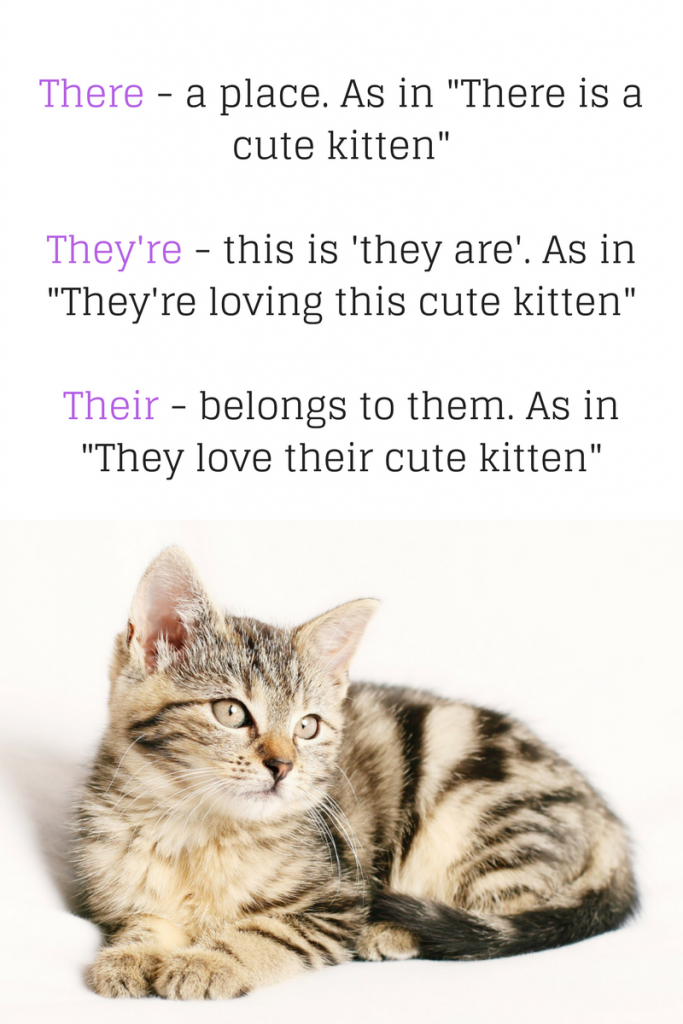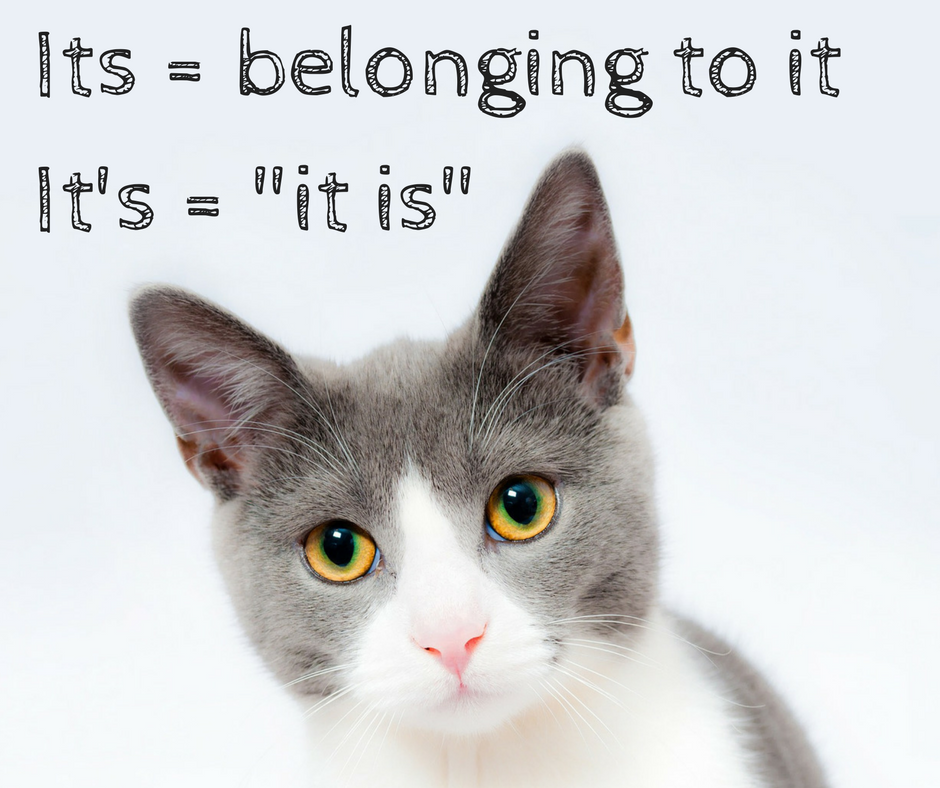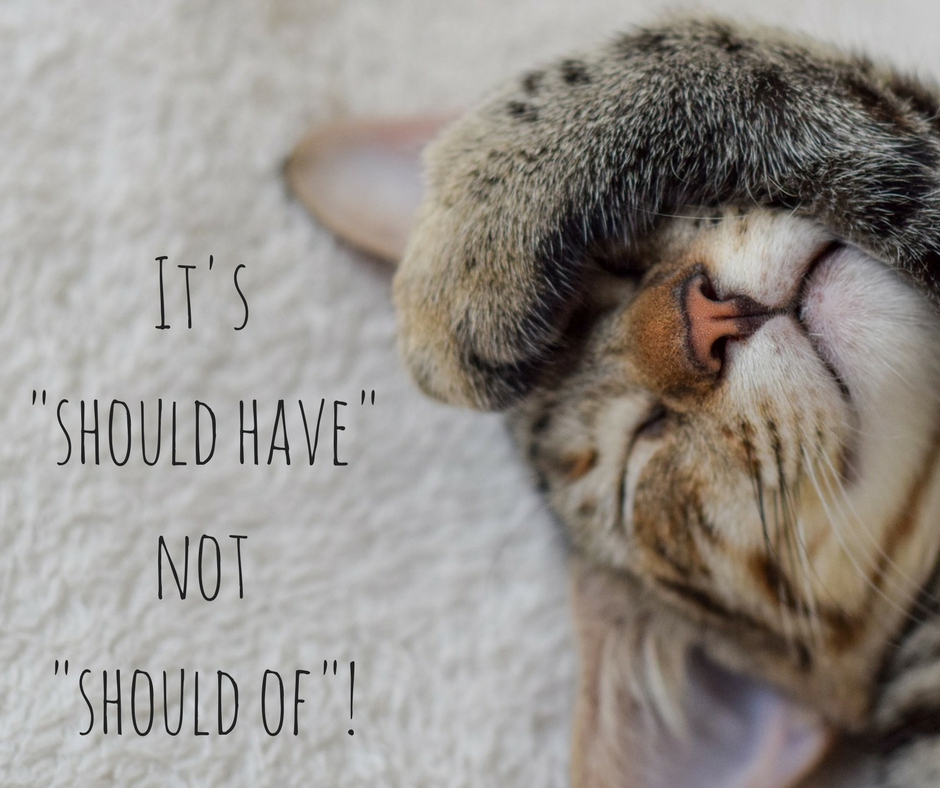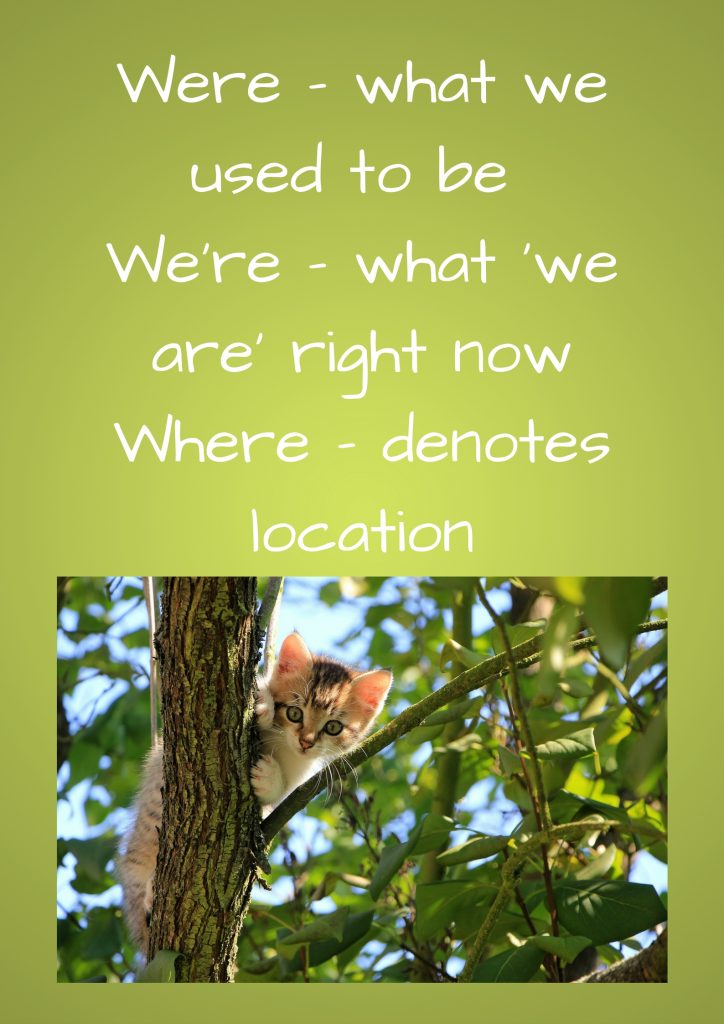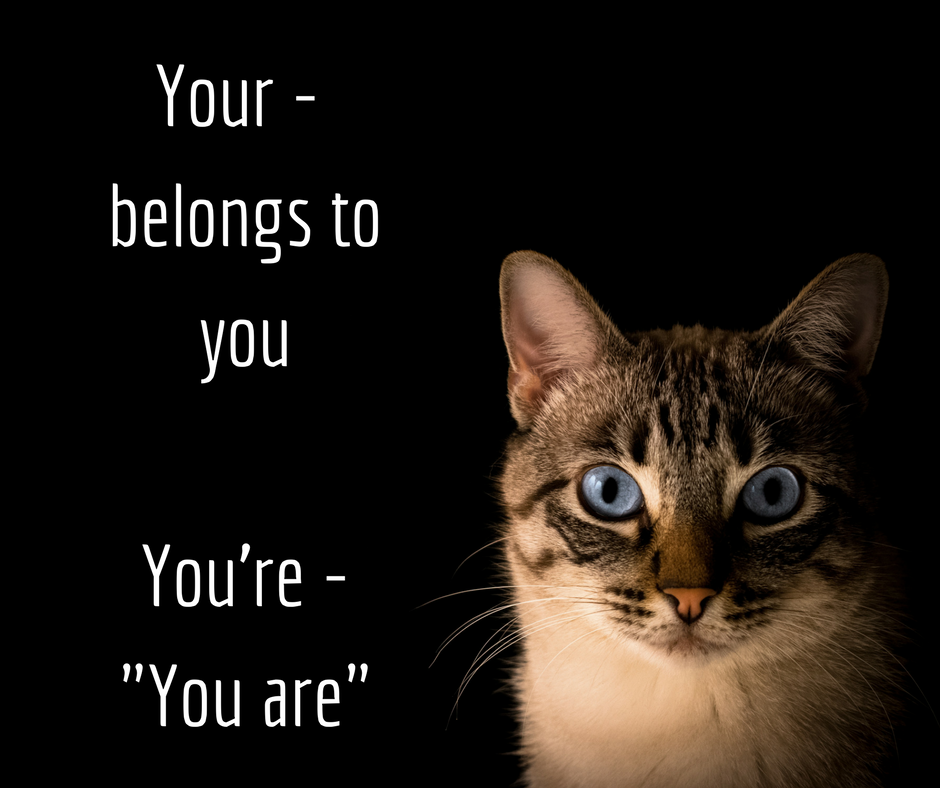I know, I know, I’m a bit of a nit-picker when it comes to grammar. But I’ll let you in to a secret – lots of people are, and they tend to be people in a position of influence in their daily lives. I am a huge advocate of using proper spelling and grammar on social media, or at least making the effort. I’m not talking about everyone having to have a top-end working knowledge of the complexity that is the English language. That would be pretty hypocritical of myself. But I do think that it’s worth spending the time to learn and to use half-decent grammar.
Don’t think you need to? Well for all those people who read your badly-spelt social media updates and either don’t notice or are too polite to point out your errors, there are even more sat behind them judging your ability as a professional and the care you take in your work. Your invisible and silent audience is an important aspect of your social media marketing and you need to write with them in mind as well as the people who engage. For more advice on how to influence an audience which sits in the shadows, read this great article from Buffer.
Common grammatical errors on social media – as told by fluffy kitties.
Here are some grammatical errors I see on social media daily. I’ve taken the liberty of using fluffy kittens to illustrate my examples, as I know you love them, right?
Their / They’re / There
This is possibly the one I see most often. It’s not really obvious which you should use and when, so you just have to learn them.
- There – is used to denote place. If you’re talking about something that is in a place, then you use this one. For context “There is a kitten over there.” or “I put my kitten down there.”
- They’re – is a contraction of ‘they are’. If you’re referring to something that ‘they’ are doing or being, then this is the correct use. If you can substitute it and use ‘They are’ instead and it still makes sense, then yep, you guessed it, this is the one to use. For context – “They are in love with a fluffy kitty” would become “They’re in love with a fluffy kitty.”
- Their – this is something that belongs to them. If you’re talking about an object, then this could be the correct version. For context “Their kitty is very fluffy”. In this instance the kitty is the object and it belongs to them.
Here is a fluffy kitty to remind you
Complimentary / Complementary
Now this one can be difficult to understand but it bugs me when I see this on somewhere that should appreciate the difference, such as written on a blog about interiors (where items can be said to complement each other) or on a finance blog (where things can be free of charge). Surely if you’re a specialist in these areas, you should have come across these before, no? This one makes kitty a bit sad. She will let you off the first couple of times, but after that, she will be disappointed in you, so be warned.
It’s or its
Right, if you do this one, kitty will be ok with it as long as you don’t profess yourself to be some sort of professional writer and then pull others up for it. I’ve done this one myself, mainly because I wasn’t paying attention and because sometimes (always) predictive texting changes it to the one I didn’t want and I don’t look before posting.
It’s – is a contraction of “it is”. As in “I love this kitty. It’s very fluffy!”
Its – denotes ownership. As in “This is my kitty. Its fur is so fluffy.”
Should have (should’ve) / should of
If you write ‘should of’ then you’ll have to forgive kitty if he feels the need to do a face palm. You see, this is a common misconception. The correct term is ‘should have’ which contracts to ‘should’ve’. It sounds like ‘should of’ but it isn’t. And seeing it in writing makes kitty want to hack up a hair ball.
Were / We’re / Where
These aren’t the only homophones in this group but these are the ones that kitty sees misused the most. – see also ware, and wear.
- Were is the past participle of ‘are’. So for yourself you’d say ‘I am’ and for we you’d say ‘we are’. If something is in the past, you’d say ‘I was’ or ‘we were’.
- We’re is a contraction of ‘we are’. So similar to above but not quite. It denotes the current state of being.
- Where is place related. Where is where something happens. You’d use this in a sentence such as “Where is my fluffy kitty? Oh, he’s up a tree!”
Lose / Loose
This is a good example of where one single letter can make a world of difference.
- Lose (with one ‘o’) is the opposite of win
- Loose (with two ‘o’s) is the opposite of tight
If something is less tight, then it is looser.
If you use looser to describe someone who didn’t win, then you are a loser. Kitty says so, so it must be true. If she had opposable thumbs, she’d be making that L sign for her forehead.
Your / You’re
And finally, the one that is the staple of local Facebook selling groups everywhere ever in the history of fluffy kitties – the difference between ‘your’ and ‘you’re’
- Your – denotes something which belongs to you. Such as ‘is this your fluffy kitty?’
- You’re – is a contraction of you are. Such as ‘you’re welcome!’
No doubt the grammar kitties will be knocking at my door soon with more examples, so I’ll probably add to this along the way. If you have any to add, please let me know in the comments below.
